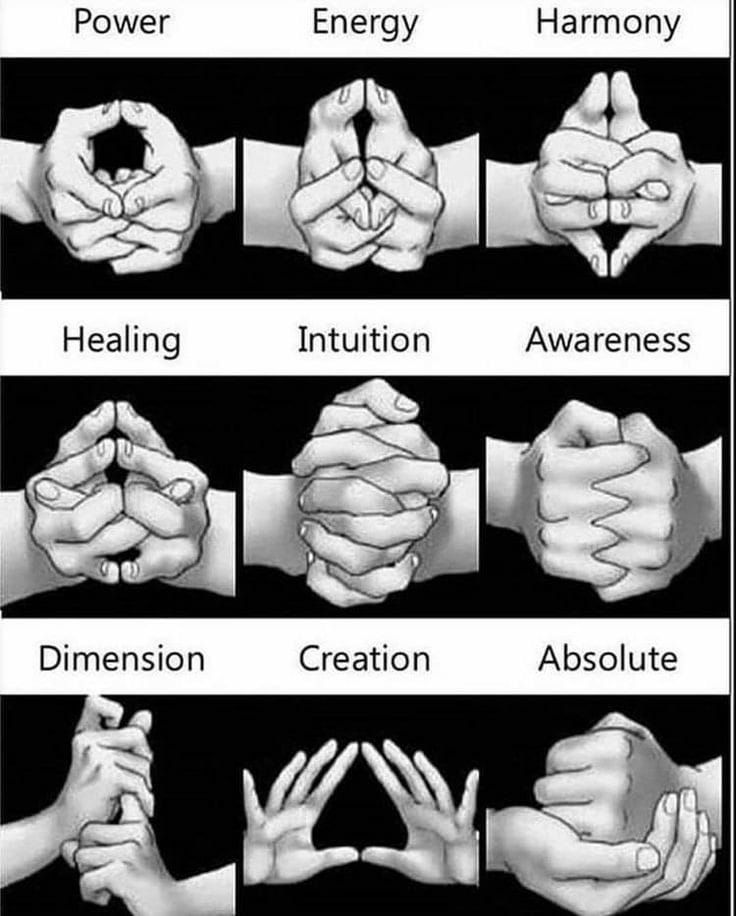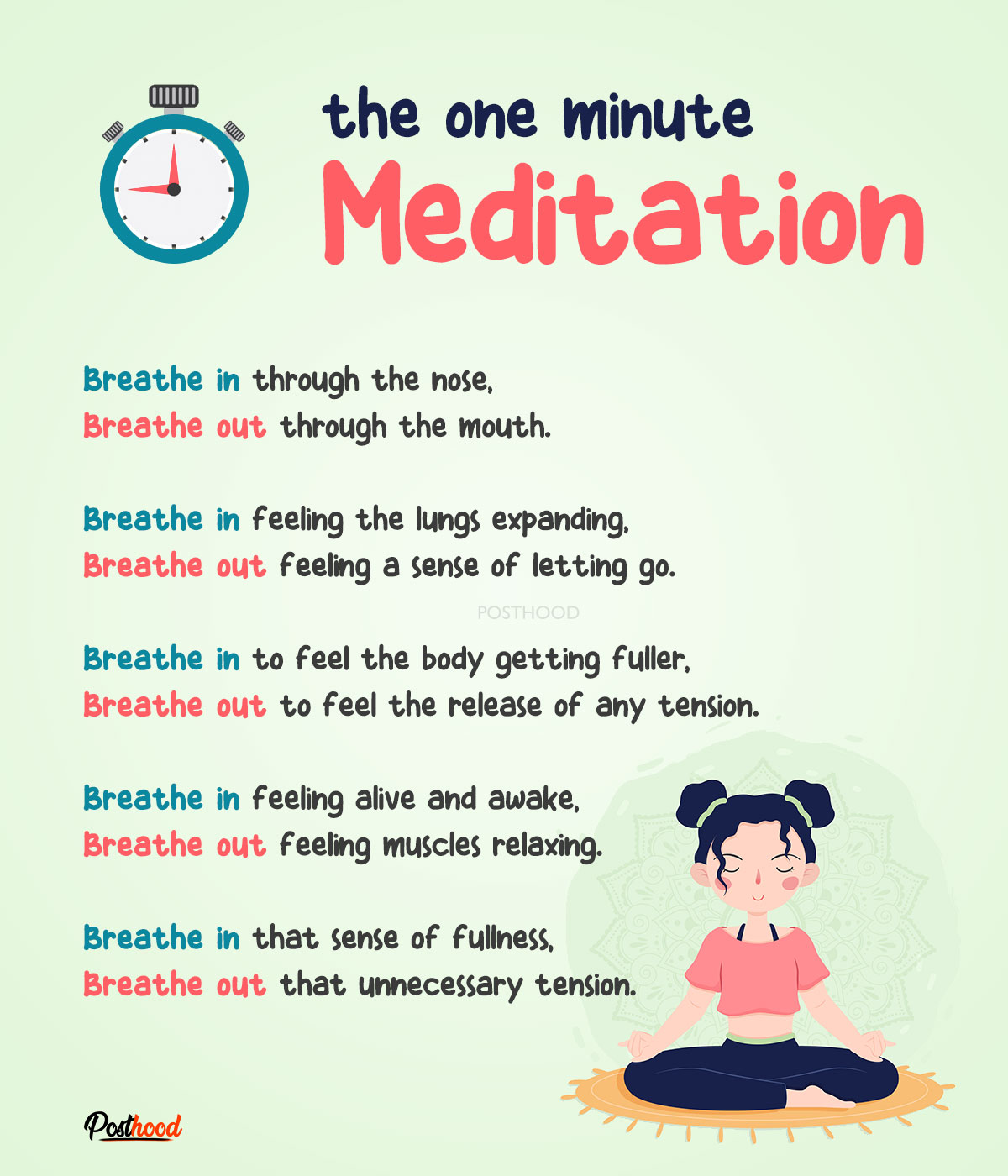
Daniel Gilbert has written a New York Times Bestseller about meditation. The benefits of meditation are immense, but it is not always easy. "Practicing mindfulness helps you to be more aware about your inner states," he wrote. You can read Stumbling on Happiness for more information about meditation. Here are some ways to get started. Before you even try meditation, it is crucial to understand its scientific basis.
The science of meditation is a branch of psychology that investigates the brain's physiological responses to certain experiences. To stimulate specific brain waves, it uses techniques such as kung-fu. The level of meditation that is done changes the waves. The brainwaves recorded by people who meditate can provide insight into the causes and consequences of many conditions, such as anxiety and depression. It can also improve the quality of your sleep. Meditation can have a positive effect on children's sleep quality, according to some research. It is important that parents are educated about these ancient practices.

Although meditation has been around for many centuries, modern science is just starting to recognize its benefits. Meditation does not require any special equipment or training. In fact, it's a simple practice that everyone can do. It is easy to learn, so anyone can do it. The only downside is that there aren't any standardized techniques or equipment. It's worth the effort. It's not an easy habit to change your mind. Meditation can bring many benefits.
Meditation is a science that can improve your health. It can influence your heart rate and brain rhythms, and it may even help prevent certain types of cancer. When you meditate, your brain can also be affected by changes. The same holds true for your health. Meditation regularly will help you live longer. In fact, your heart will naturally slow down. This means you will live a healthier, longer, happier life.
Even though meditation research is still young, it is becoming more robust every day. Actually, there are far fewer randomised trials than in the past. Researchers are now capable of conducting more rigorous studies using larger sample sizes with longer follow-up periods. Regular meditation is a good idea if you are looking to do it regularly. If you don’t practice meditation regularly, it could indicate that you have an unhealthy habit.

Meditation is a practice that's been around for thousands of years. It is one of the most well-known forms of meditation. It's an excellent way to relax and unwind. It's completely free. No matter where or how you meditate, it is an easy and cost-effective way to improve the quality of your life. It is easy to start and you will be amazed at the benefits it has for your health.
FAQ
How do you know if you have a mental illness?
When symptoms interfere with daily life, a person can be diagnosed with a psychological illness. The symptoms of mental illnesses can vary from one person to another. The most common symptoms are: sadness, anxiety, guilt, hopelessness, loneliness, depressed and confused, worthless or guilty, suicidal thoughts, and feeling sad.
A person can also be diagnosed as having a mental disorder if they fulfill at least three of the criteria listed below.
-
Disturbed feelings or thoughts
-
Unruly behavior
-
Disruption in functioning
-
Inability to relate to others
Why is mental health important for students?
Students must be healthy mentally to be able both to concentrate on school and to do well academically. You won't perform well at school if you don't feel like yourself. Students suffering from depression are more likely to miss class, which can lead them to get poor grades. This may result in dropping out of highschool and eventually college.
You should talk to your parents and teachers if you have depression. They can help get you the care you deserve.
Not everyone with depression requires medication. Talk therapy is very effective for many people. Counselors are a good option if you want to get help.
How can I prevent my mental health problems from happening?
Preventing mental health issues is easier said than done. These are some tips to remember:
-
Don't drink alcohol. The effects of alcohol on moods can lead to depression.
-
Avoid drugs. Avoid drugs. They can alter brain chemistry, making you feel worse.
-
Sleep enough. A lack of sleep can cause anxiety and depression.
-
Exercise regularly. Exercise releases endorphins in your body, which makes you happy.
-
Eat healthy foods. Junk food can make you feel lazy and unwell.
-
Spend quality time spending it with loved ones. Spending quality time with the people you love can lift your mood.
-
Have fun. Have fun and explore new things.
-
Retire from social media. Social media sites can make it difficult to feel alone and lonely.
-
Treat yourself with kindness. Treat yourself nicely, even if you aren't feeling great.
-
Ask for help. If you're struggling to cope, ask for help. Talking to a family member or friend can be helpful.
-
Remember that it's okay to cry. Crying helps to relieve tension and stress. It does not necessarily mean that something is wrong.
-
Keep busy. Try doing something you enjoy.
-
You should practice good hygiene. Neglecting to maintain a clean environment can lead to a feeling of unattractiveness and lackluster appearance.
-
Keep in touch. Staying connected with others can help you remain positive.
-
Learn how you can relax. Relaxation techniques like yoga and meditation can help you cope better with stress.
-
Find meaning in your work. Finding purpose in your job and hobbies can bring you satisfaction.
-
You should be focusing on the moment. You won't worry about the future if you are focusing on the moment.
-
Set goals. It can be motivating to set goals.
-
Do something nice for yourself. Your self-esteem can be raised by doing something kind for yourself.
-
Practice gratitude. Gratitude helps you to appreciate all of the good things about your life.
-
Volunteer. Volunteering can provide a rewarding way to spend time with friends and make an impact on the world.
-
Give back. Giving back to others can make you feel fulfilled.
-
Be aware of warning signs. You should be aware of warning signs and reach out for assistance if you notice any changes.
What is Positive Psychology & Why is It Important?
Positive psychology emphasizes what makes us feel good about ourselves. This includes happiness, optimism, gratitude and hope. Positive psychology aims to make people happier, healthier, more wiser, and better through self-improvement.
Two types of positive psychology exist: trait positive psychology (or process positive psychology). Trait positiv psychology examines the way people naturally behave. The process of positive psychology studies how to use specific strategies to achieve certain goals.
Statistics
- Similarly, while there is some agreement about the boundaries of typical mental disorders 2, there is likely less agreement about those for positive mental health. (ncbi.nlm.nih.gov)
- It does have some influence, but not nearly as much as we might think, so focusing less on attaining wealth will likely make you happier (Aknin, Norton, & Dunn, 2009); (positivepsychology.com)
- Neuropsychiatric diseases are the leading cause of death and disability in the U.S., accounting for 18.7 percent of all years of potential lifespan loss and premature mortality.
- More than 50% will be diagnosed with a mental illness or disorder at some point in their lifetime.3 (cdc.gov)
- It means no drinking any alcoholic beverages and no taking any drugs that aren't 100% natural.
External Links
How To
How to Improve Your Memory
Everyone hopes to be able recall more about memory. But unfortunately, memory loss is something that happens to us all at some point in time. In fact, more Americans than 65 years old suffer from dementia.
No matter if you are dealing with Alzheimer's disease, dementia or any other form of cognitive decline, there are many options to improve your memory. Here are three easy steps that you can start today:
-
Get more fruits and vegetables. Vegetables and fruits are rich in antioxidants, vitamins and minerals as well as fiber and phytochemicals which can boost brain function. They are also rich in essential nutrients that help prevent neurological diseases.
-
Get Enough Sleep. Low sleep quality has been linked both to memory loss, poor concentration, and memory loss. Sleep well for seven to eight hours each night.
-
Go for a walk. Walking stimulates blood flow, which increases memory. Walking is good for your health and helps you look slimmer.